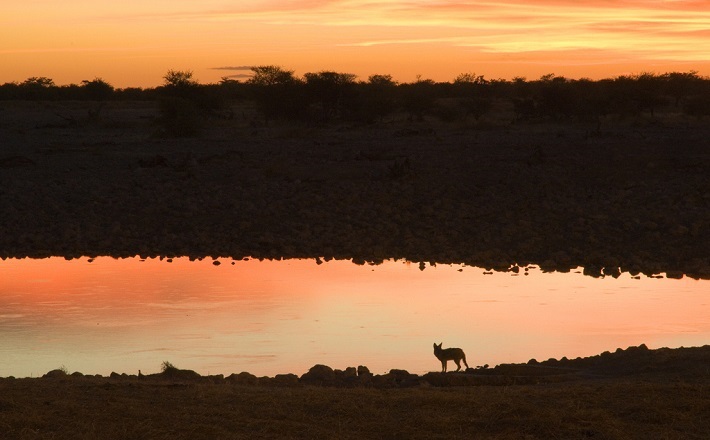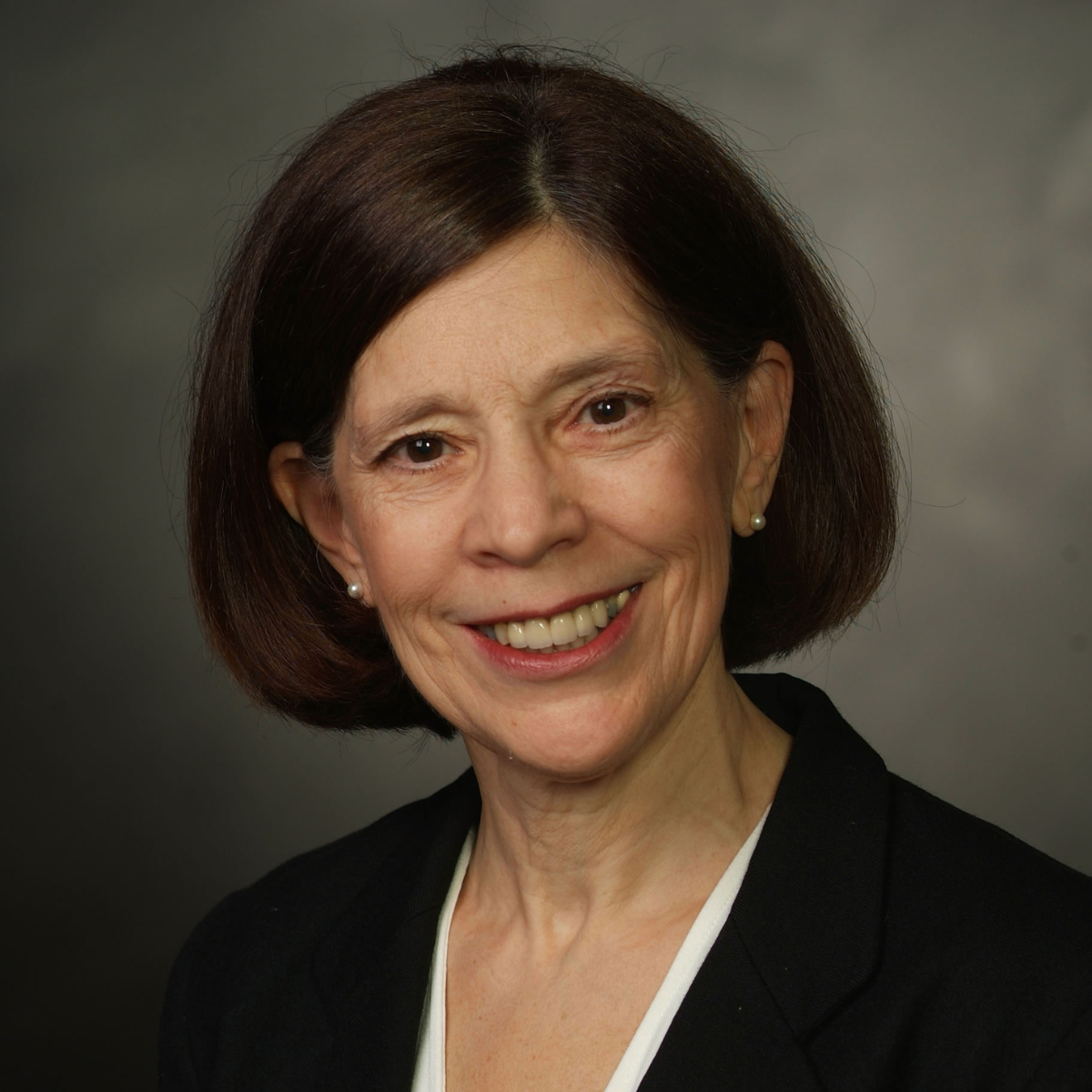Commentary on Philippians 3:4b-14
Paul pictures himself as a man in the middle, a man who has literally changed his pursuits almost in midstride, and is jubilant.
Paul’s tells his own story in abbreviated and passionate terms. The story is framed on the verb dioko in Philippians 3:6, 12, and 14 and the verb teleioo in 3:12, the only use of that verb in Paul’s writings.
Paul has pursued the little “church” or assembly of believers, a behavior that was consistent with his exemplary life as a Jew. As best he could, he lived a life of devotion to God within the givens of his birth and then extended by his own eagerness to do the best he could. But there was a turn, a sharp turn, for Paul.
The eagerness with which he had embraced his heritage and his God became the eagerness with which he came to embrace Christ. Paul writes like a man in love, desperately desiring to have the joy of a full union with Christ. Listen to the language. Paul wants to “know” Christ Jesus who is Paul’s “Lord” (and Paul therefore, Christ’s slave). He wants to be found “in him” to such an extent that he shares Christ’s very trust in God. He wants to “know” the power of the resurrection. He wants to have commonality (koinonia) by sharing Christ’s death and sufferings. He wants to become “like him” in death so that he might share his resurrection life. As he tries to express his longing for future union and ongoing life in Christ (cf. 1:21-23), he repeats himself and the energy of the passage increases. This longing makes the past unimportant, easily able to be discarded. There is an echo here of the longing to be together of young lovers who leave behind family “to become one flesh.”
Then Paul acknowledges both that he is not already alive in that union to the fullest extent (Philippians 3:12) and that he has already been made Christ’s own. He pursues (v. 14) what he has, yearning for it more fully than he can describe. It is an “upward call” (3:20 and the citizenship of heaven), which presumably continues to summon Paul to greater and greater joy and love overflowing with knowledge and insight.
With all this longing and energy, Paul both shows the Philippians what it looks like to share among themselves the mind of Christ. Both the disregard for measures of value in the past and in the longing for the fullness that lies ahead, Paul imitates the Christ of the great hymn in Philippians 2:5-11 and shows the Philippians themselves a way to set aside the past in order to strain toward what lies ahead. Nothing on earth, including Paul’s imprisonment as described in chapter one, can distract him from the new and joyful pursuit of life in God by being Christ’s own.
In his book, The Last Battle, C.S. Lewis shows us a supremely active “heaven” in which those caught up in new life run together, tirelessly, further up and further in, into a new world that is reminiscent of the old, only better. The old world is left firmly behind and there is only one direction to go, in and up. As evocative as this image continues to be (for me, at least) and as evocative as Paul’s description is for the power of turning toward God’s love as part of a body in Christ, I wonder how one can preach this as powerfully in this time in the life of the world.
Perhaps the joy and hope of falling and/or being in love is the best we can do to come near to the emotion in this passage, emotion that is both human and also divine. Not only as couples discover love for one another that brooks no opposition, but also parents fall in love with newborns in ways that take them [mostly] joyfully away from their past lives into a relationship of self-giving, future-imagining love. Children come to love parents also, though they must grow into it, pressing onward for a love that is already theirs and has indeed brought them into being.
How we speak of this love of God and the life of a person caught up in its realization as Paul was, is not easy. The realization of how much we are loved, of how much God continues to long for and invite our growth in love, most of us don’t have time or take it to experience that. Our lives are grown up, mature, responsible. Our experiences are demanding, scientifically-grounded, and often not fruitful. Even our dearest relationships can be fraught with difficulties that wear us out rather than buoy us up. Surely this is true even within healthy communities of God’s own people.
This passage gives us a wonderful opportunity to reflect anew on God’s love for us. It also suggests splendidly how eagerly we take up the call of God as we know it in Christ Jesus, a call to life together for each other’s good. We are reminded that Paul wrote these words to strengthen and encourage a community he loved and who were already doing well in their life in Christ (see Philippians 1:3-11). They nevertheless seem to have been disheartened, even distanced, from their faith by Paul’s imprisonment. When love calls us, Paul seems to say in his section of his letter, “ain’t no mountain high enough, ain’t no river wide enough”1 to keep us from one another. In fact, mountains and rivers, imprisonment, the sufferings of the journey whatever they might be, were endured by Christ and even in those sufferings we draw closer to the one who gives us life.
Notes:
1 “Aint no mountain high enough,” Marvin Gaye.


March 13, 2016